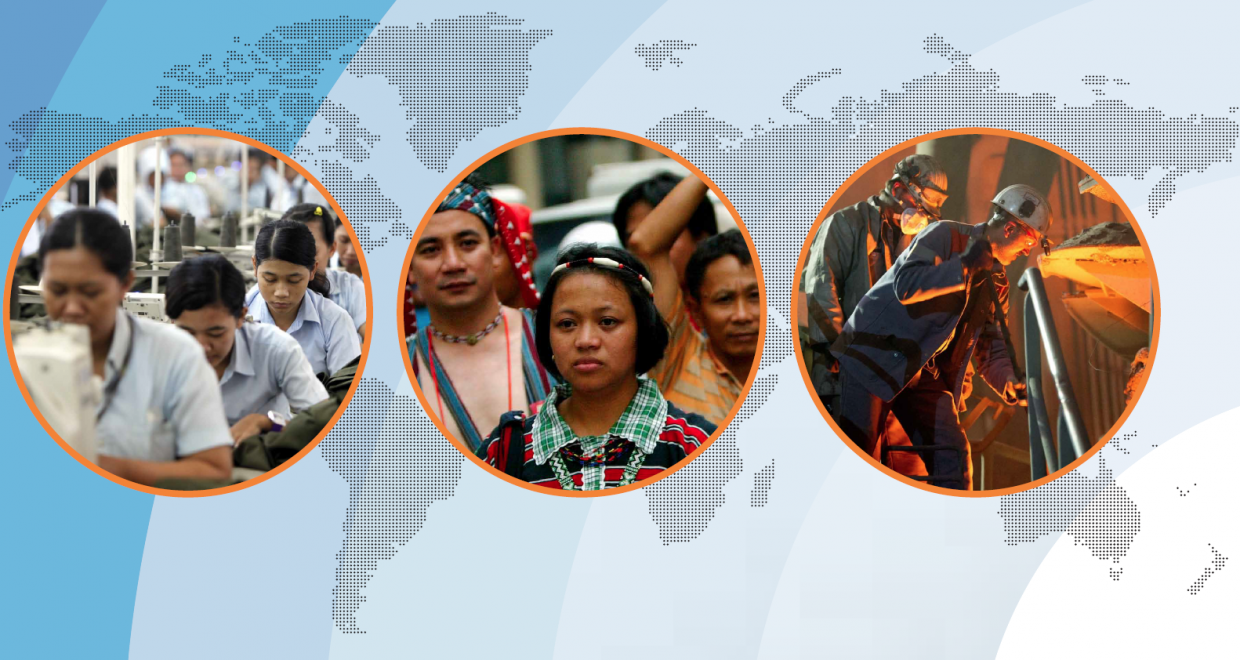Launch of the 2017 UN Forum on Business and Human Rights blog series: realizing access to effective remedy
Introduction
The annual Forum on Business and Human Rights is the UN’s platform for multi-stakeholder dialogue to assess the progress made by states and business enterprises in moving the three pillars of “Protect, Respect and Remedy” of the Guiding Principles on Business and Human Rights from paper to practice. The 2017 edition of the Forum (27-29 November, 2017, Geneva, Switzerland) will focus on Pillar III of the Guiding Principles: the need to ensure access to effective remedies for victims of business-related human rights abuse.
Under the theme of “Realizing Access to Effective Remedy”, the Forum will examine gaps and shortcomings in existing efforts as well as emerging good practices and innovations to ensure access to effective remedy, with a view to promoting policy coherence and committed action in the service of human rights and rights-holders. Discussions will cover the full range of mechanisms envisaged under the third pillar of the Guiding Principles: state-based judicial mechanisms, state-based non-judicial grievance mechanisms, and non-state-based grievance mechanisms (including those involving companies, industry bodies, multi-stakeholder initiatives and regional and international institutions).
The Working Group on Business and Human Rights guides the Forum, and in a background note we provide reflections on the theme of the 2017 Forum, addressing the following questions:
- Why a focus on access to remedy?
- What are key objectives of Forum discussions on access to remedy?
- What are some key considerations and assumptions?
- Will the 2017 Forum only be about access to remedy?
The background note and the present blog post serve to launch a platform for pre-Forum dialogue around the theme and topics to be addressed by the 2017 Forum.
Constructive multi-stakeholder dialogue
To build common understanding of gaps and challenges as well as solutions around access to effective remedies, we aim to facilitate a dialogue that extends beyond the three days of the Forum. Creating space for constructive engagement between all stakeholders (states, business, civil society, human rights defenders, trade unions, etc.) is a key objective of the Forum.
We have found that important ingredients for a meaningful and constructive dialogue are the needs to:
- hear different sides of the story,
- base dialogue on facts and lessons learned from practical experiences,
- address power imbalances,
- engage in good faith,
- explore innovations and new initiatives, and
- identify pertinent questions that can provide a better understanding of challenges and point toward developing solutions.
Launching the Forum blog series
The present Forum blog series is meant to be an online platform for pre-Forum dialogue around the themes and topics of the 2017 Forum to share information about ongoing work in an accessible way. The blog will be hosted on the website of the Business and Human Rights Journal (BHRJ). All stakeholders and interested parties are encouraged to contribute. For expressions of interest in contributing, please write to: David Birchall (BHRJ fellow), bhrj@cambridge.org and cc: the UN Forum Secretariat, forumbhr@ohchr.org, indicating “Forum Blog” in the subject line.
We encourage all stakeholder groups to contribute, and hope to see contributions from commentators in civil society, labour, business, government, international organizations, community groups, academia, lawyers and others. The diversity in contributions in terms of views, gender and regions is strongly encouraged. We hope the blog series will spur critical and creative thinking on the 2017 Forum theme, and look forward to the dialogue!
Background information
The Forum was established by the UN Human Rights Council in 2011 “to discuss trends and challenges in the implementation of the UN Guiding Principles on Business and Human Rights and promote dialogue and cooperation on issues linked to business and human rights, including challenges faced in particular sectors, operational environments or in relation to specific rights or groups, as well as identifying good practices” (resolution 17/4, paragraph 12).
The Forum is guided by the UN Working Group on Business and Human Rights and organized by its Secretariat at the Office of the UN High Commissioner for Human Rights (OHCHR). For questions about the Forum, contact: forumbhr@ohchr.org. Twitter: @WGBizHRs
The blog platform is not an official UN Forum platform, and the UN Forum organizers take no responsibility for viewpoints expressed in the blog contributions. Publication of blog contributions does not entail endorsement of the authors or the viewpoints expressed. Contributions will be reviewed as they are received on a rolling basis. It may not be possible to publish all blog submissions if the number of submissions exceeds the capacity to review and process all submissions prior to the Forum. All contributors are expected to be guided by the objective of constructive dialogue, in line with the elements set out in this note by the Working Group. In particular, the Working Group encourages contributions that are solution oriented and focus on ways forward to ensure business respect for human rights. All contributors are expected to adhere to the principles set out in this note by the Working Group. The blog will be cross-posted at the Business & Human Rights Resource Centre.





